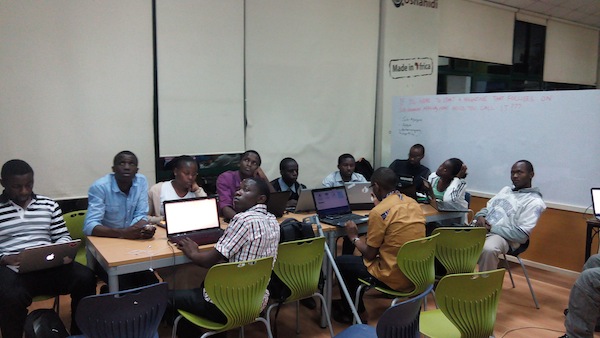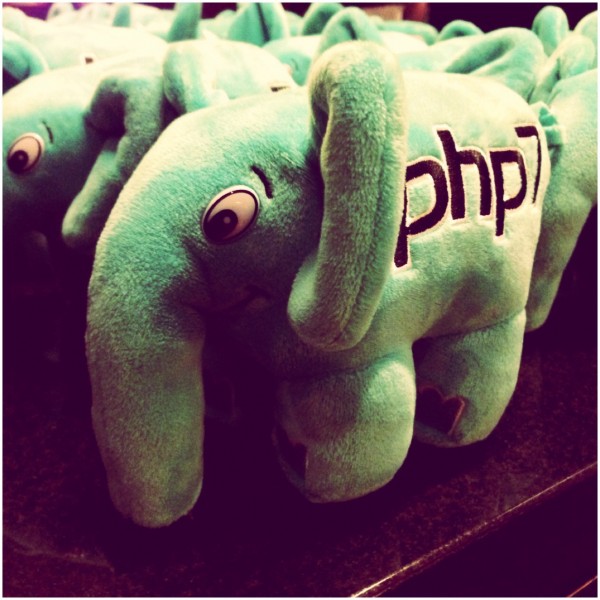Our first UG meeting was held on 5th August 2014. It started out quite well with an attendance I would later find out was actually decent, fifteen people. All would have been well but having never really run a UG before I had the assumption that attendees would spontaneously start chatting, bonding and networking.
This of cos did not happen and in as such within the first 30 minutes of life of the UG, I had already messed up! Thankfully a colleague and good friend of mine, Kennedy Kirui was around. A master of public engagement he had absolutely no problem working up the room and getting everyone to good cheer. Later on he taught me some lessons on facilitating conversations among the attendees.
The next few meetings proceeded rather well except for a rather disturbing fact, the numbers we’re dwindling. For a group with 15 members this was a disturbing trend to say the least!
At this point I had a chat with one of my mentors on the unfolding situation. He asked how I usually run the meetings. I said
- Welcome all attendees
- I Introduce topic of the day
- Talk a bit about its background
- Ask questions and have members discuss the answers given
- Set topic for next meeting and close
All the while my mentor was nodding approvingly (or at least I thought so) he then asked “What was the name of that UG again”? I said “PHP UG” he then responded, you are wrong this is “Chenchas UG”. I was shocked at this statement, what could he possibly mean? I didn’t have to think for long, he clarified, “You set the topic, you lead the meetup, it seems you are everything!” I was flabbergasted, I wanted to argue but I knew he was right, I had changed the group from its original mission to my own personal sounding board! Something had to change.
That was the turning point in how activities in the group we’re carried out. We now have a structure that is more like
- Call for speakers for meetup based on set theme
- Introduce speaker to meetup
- Group listens to presentation
- We all engage with the speaker
- Member vote for theme for next meeting
Since then growth has been stable with steady growth from meetup to meetup.
We are still learning and iterating, maybe next year we will land on an even better schedule! Till then I resolve to continue serving our community to the best of my ability.
PHP UG Kenya is a group of PHP developers fiercely committed to changing what it means to be a PHP developer. It’s our dream to equip all our members with the knowledge and tools they need to deliver great service to their businesses and community. We do this by hosting talks, running coding camps and mentorship programs.
As of this writing the community is currently 150 member strong and growing consistently.



